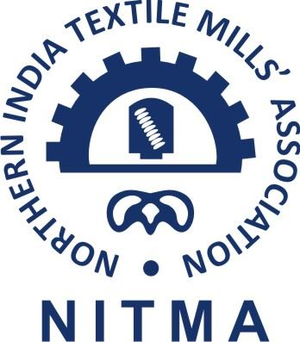Chandigarh: Representatives of associations and trade bodies have raised concern over the substandard influx of undervalued imports, to the tune of 1,000 metric tonnes per day, of Chinese knitted fabric mixed with woven fabric, leading to the under-utilisation of the upstream textile industry, the Northern India Textile Mills Association (NITMA) said on Monday.
As a consequence, following detrimental impact are being manifested by the domestic industry, it said in a statement.
The sectors impacted by it are dyeing, knitting, spinning, and fiber units, which are on the brink of closure.
The implementation of the new expansions under the Production Linked Incentive (PLI) and PM Mitra Park schemes has been temporarily halted by domestic entrepreneurs.
A huge loss of revenue, of both direct and indirect taxes, to the exchequer could be in the range of Rs 6,000-7,000 crore annually, it said.
An intriguing fact is that the finished knitted fabric is being imported at prices equal to those of Indian spun yarn.
The primary reason lies in the significant disparity between custom duties imposed on woven fabric and knitted fabric.
Currently, the Customs duty on woven fabric is set at 20 per cent or Rs 115 to Rs 150 a kg, whichever amount is higher.
In contrast, the Customs duty on knitted fabric is fixed at a rate of 20 per cent with no capping.
R.K. Vij, representing TAI and NITMA at a meeting presided over by Union Minister of Commerce and Industry Piyush Goyal in Delhi last week, recommended that in order to ensure fair trade practices, the prices of the imported knitted fabric should be set at a minimum of $4.5 to 5 a kg.
However, these knitted fabric from China is currently being imported at an average price as low as $1.40 to 1.50 per kg.
The minister assured the stakeholders that this anomaly would be resolved within two months.
Responding to the assurance, NITMA President Sanjay Garg said they have been actively pursuing the crucial issue of under-priced imported knitted fabric from China, engaging with all ministries concerned over the past year.
–IANS


Comments are closed.